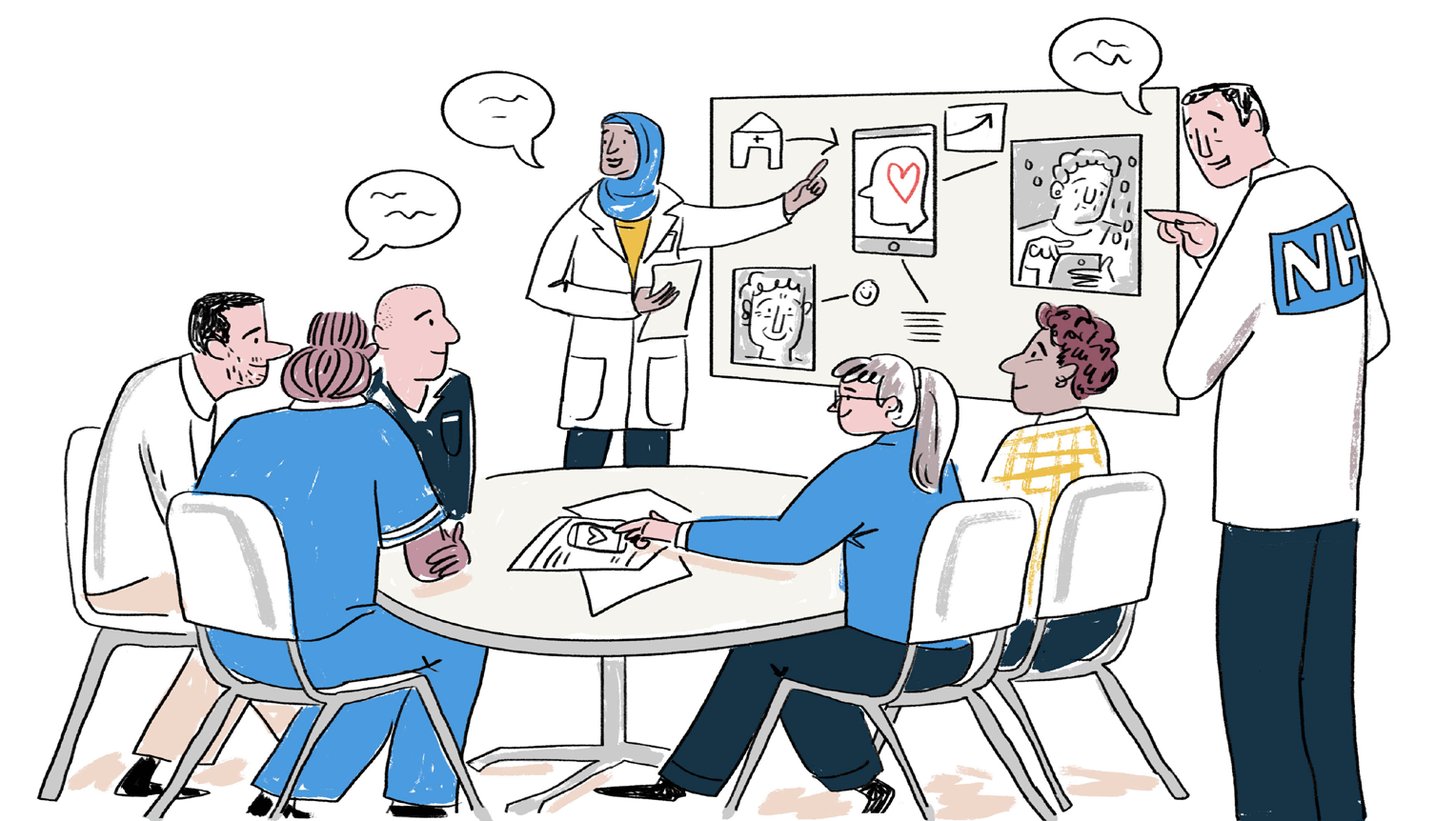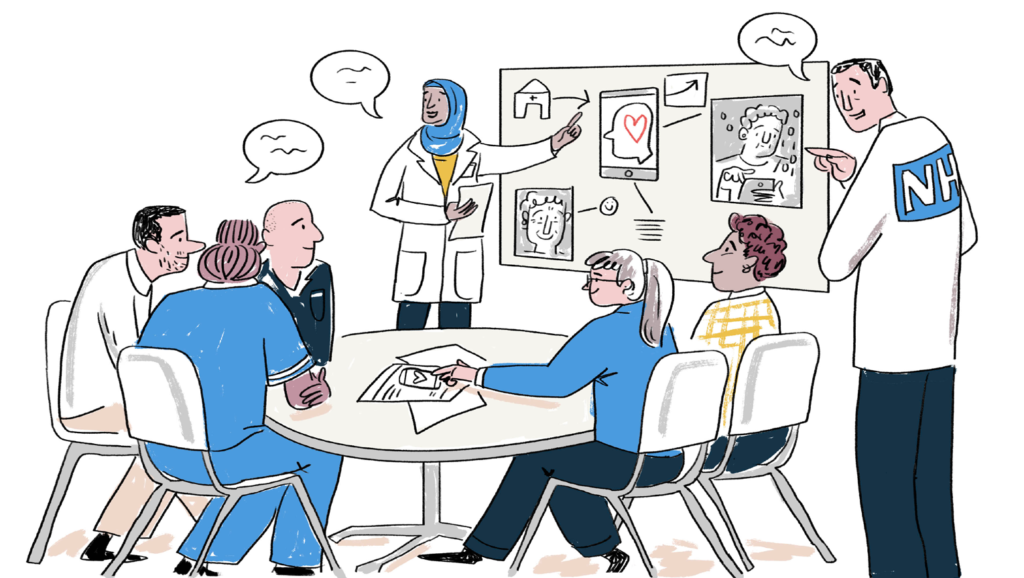
This blog was written by Julia Hamer-Hunt, patient co-chair of the Oxford Health BRC’s strategic patient and public involvement (PPI) group and Claire Murray, PPI Manager. It was originally published in the Patient Experience Magazine, Spring 2021 edition.
Evaluating the impact of patient and public involvement (PPI) is a contentious issue. There are no nationally agreed measures and it is – in practice – often a neglected afterthought.
It is something we have grappled with at the Oxford Health Biomedical Research Centre (BRC). What should we be measuring to help us understand and demonstrate the difference PPI makes to research? How can we encourage busy PPI contributors and researchers to reflect back? How can we use ‘impact’ to improve our PPI practice?

From the outset collaboration has been our central principle, so we brought together PPI contributors and researchers to try to answer these questions.
Our Patients and Research Group began by reviewing the UK Standards for Public Involvement alongside our PPIE Strategy.
We worked together to agree our priorities, and capture short and longer term differences, along with intended and unintended impacts. We recognised we needed a flexible approach to give space for researchers and PPI contributors to identify what is most important to them.
To capture the widest range of voices, we developed a survey that was shared with PPI contributors and researchers to identify what PPI experiences and outcomes were of most interest to them.
Positive experiences, both for the PPI contributors and the researchers were associated with collaborative working, a constructive approach and clear communication.
PPI contributors placed emphasis on their involvement being supportive to researchers, helping ensure research is patient centred and accessible. They wanted their involvement to help in concrete ways, for example to secure funding. For researchers, PPI had encouraged reflection, provided valuable perspectives and brought issues such as ethics and consent to life.
These joint values are reflected in our evaluation framework which was launched in January 2021. It aims to capture the impact of PPI for the Oxford Health BRC and the experience of our PPI contributors and researchers. We hope that through informing the framework with the values that matter to PPI contributors and researchers, we will make the evaluation process relevant and meaningful.
But we still have questions! How strong a measure of impact will this approach provide? How realistic is it to expect researchers and PPI to make a note of “who said what “and “when that made a difference”?
We know PPI contributors are often frustrated by the lack of opportunities to get involved at the start of the process – at the point of debating a research concept – and to continue their involvement as a project progresses through the research cycle.
We also know that challenges of overburdened workloads, deadlines and funding limitations impact the capacity for researchers to open up their research more widely to involvement.
And, importantly, we are very aware that we need to reach out more widely – into communities that are under-represented in research – and develop more inclusive ways of working.
So, the next step is to consider how we can use the experience and impact we collect to improve our PPI: – to engage more researchers, to bring in diverse voices, to increase coproduction, and to support PPI contributors to be involved throughout the research cycle.
Until PPI routinely runs through research projects from conception to completion, its impact will always be incomplete. However, by bringing PPI contributors and researchers together, we can address the gaps, make involvement more meaningful, and get better results – both for the people and for the research

